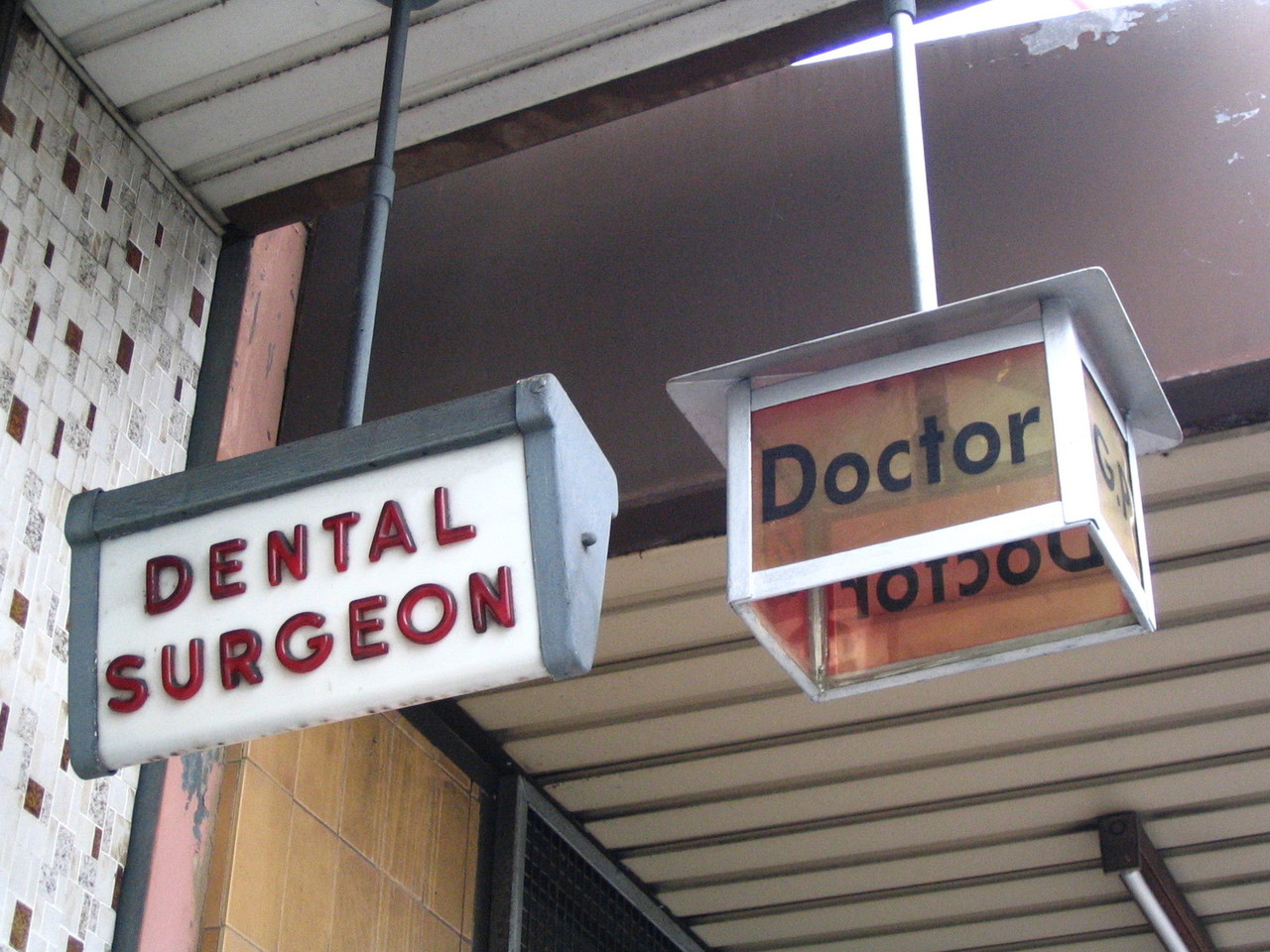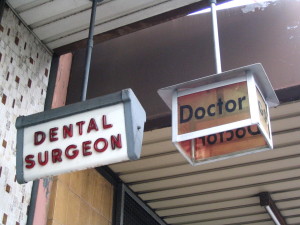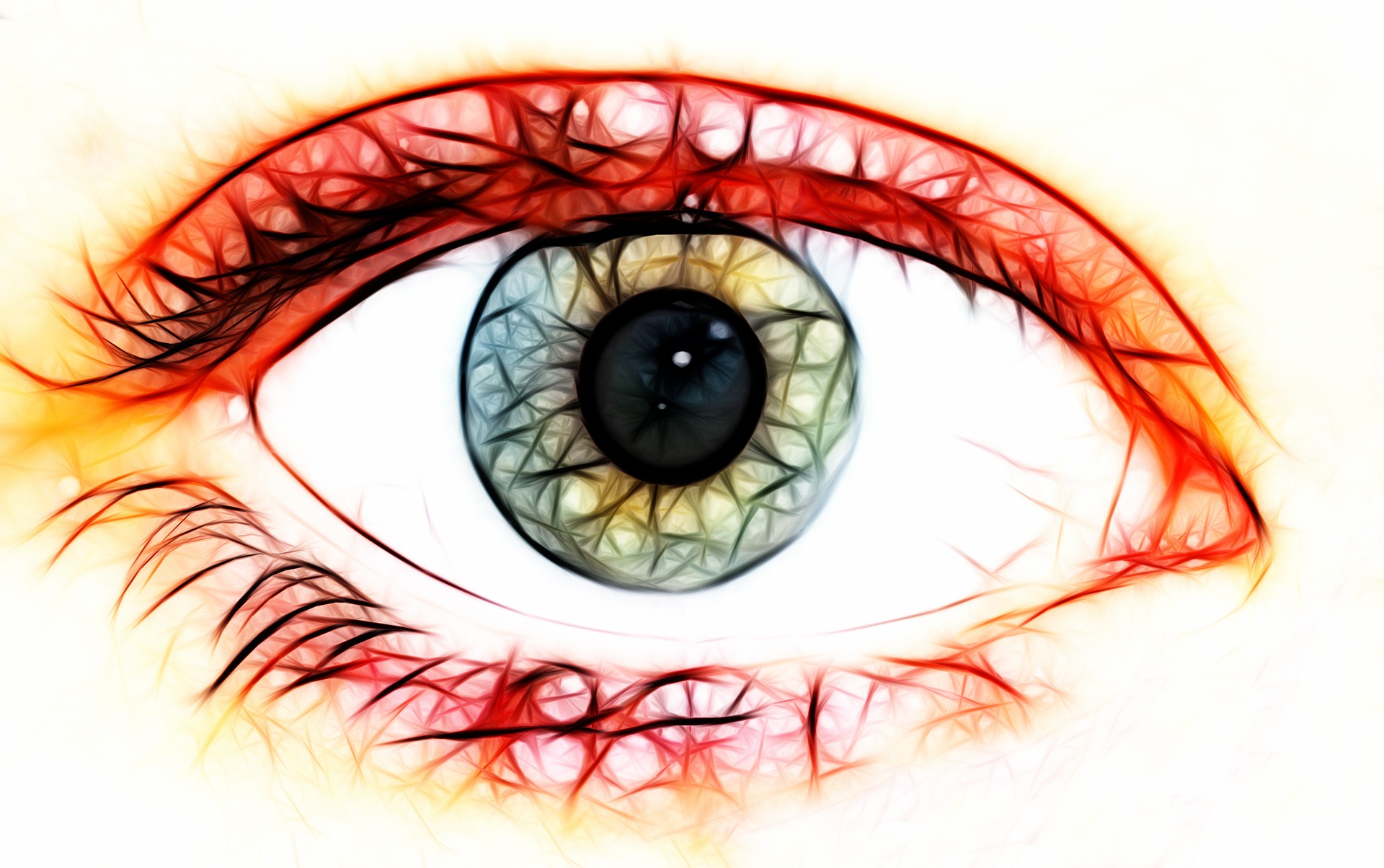
SICKLE CELL AND ORAL HYGIENE MANAGEMENT
The dental complications in sickle cell anaemia must be understood at first to efficiently treat SCD patients. Sickle cell disease (SCD) is one of the most common blood disorders typically inherited from one’s parents. It is presented with a wide variety of clinical symptoms, and varied degrees of severity that can be determined based on the phase during which the disease is diagnosed, the age of the patient, number of hospitalisations in the past, requirement for continuous drug use and for blood transfusions, in addition to several other factors.
Sickle cell disease (SCD) is one of the most prevalent genetic disorders worldwide. Studies have reported a count of approximately 100,000 Americans being affected by this disease. It is also estimated that one in 500 US African American births is affected with sickle cell anaemia. The prevalence of the disease is highest in sub-Saharan Africa and is also widely spread through Middle East, Southeast Asia, and Mediterranean regions.
Acute infections can activate sickle cell crises. Therefore, it is imperative that dental infections should be prevented but, if there is an occurrence of infection, then effective ways of dealing with it should be devised immediately. A clear understanding of the dental implications of SCA must be gained in order to successfully treat SCA patients. The treatment should always begin only after a thorough investigation on the patient’s background has been performed.
In SCD, all body organs are affected or remain at the constant risk of being affected. As such, the most prevalent complications include diseases of nervous, cardiopulmonary, musculoskeletal, hepatobiliary, endocrine and genitourinary systems [10]. The most frequent oral manifestations of SCD greatly affect the oral mucosa, gingival tissue, mandible, osteonecrosis, facial swelling, increased risks for caries nerve supply, and tooth enamel and pulp.
Dental caries are the most frequent dental complication worldwide. Patients with SCD are more susceptible to dental caries having more chances of tooth decay [26]. Caries is identified as an infectious disease of teeth causing progressive demineralization and destruction of the enamel, dentin, and cementum of the teeth. The key source of caries is the acidification of the oral environment, which is caused by the fermentation of remaining food particles mainly sugars or carbohydrates on tooth surfaces.
In addition, paleness of the oral mucosa, delayed tooth eruption, depapillation leading to atrophic alteration of the tongue, high degree of abnormality in the hypophosphatemic teeth, odontogenic infection, orofacial pain, craniofacial disorders such as protrusion of the midface area, maxillary expansion, mandibular retrusion, and maxillary protrusion. Dentists play a significant role in avoiding these complications and improving the quality of life in SCD patients as the SCD patients are more vulnerable to infections and periodontal disease. Furthermore, these patients are at a higher risk of developing dental caries leading to elevated occurrence of dental opacities arising due to the unremitting use of medication containing sucrose owing to the high incidence of complications and hospitalization required by the lack of proper oral cleanliness. Managing dental complications is frequently ignored as SCD patients are more dedicated towards maintaining a standard general health because of the serious blood disorder. Ignoring minor dental health matters under these conditions not only worsen the problem but can also cause a painful sickle-cell crisis, leading to emergency hospital admission. Therefore, the management of oral complications in SCD patients require to be modified in accordance to their blood disorder, in order not to cause any additional deterioration to their overall health.
Sadly, the most commonly eaten diet in America these days is high in grains, sugars, and vegetable oils, and low in animal fats and fat soluble vitamins- the exact opposite of what the Drs. Mellanby found to be helpful for optimal bone health and the prevention of tooth decay.
Nuts, for instance, have a high phytic acid content which can be greatly reduced by soaking the nuts in salt or lemon water overnight and then rinsing and dehydrating in the oven (the same can be done with beans). While this step is time consuming, it is feasible with things like nuts or beans, but much more intensive with wheat (which contains more phytic acid!)
Grains especially are better soaked, sprouted and fermented, if consumed at all, but this process does not completely eliminate the other harmful properties of grains. Avoiding the most common food sources of phytic acid can also help:
Diet to Help Heal Cavities and Improve Oral Health
- I drastically cut foods that contained phytic acid. I already wasn’t eating grains or beans, but I also cut or limited nuts.
- Limited foods containing even natural sugars or starches– I limited fruit and even starchy vegetables like sweet potatoes and focused on mineral rich vegetables, bone broths, meats, and healthy fats.
- Ate a LOT of healthy fats. I added extra of coconut oil to my diet each day, and used only pastured, cultured butter.
- I made an effort to consume a lot of homemade bone broth for its added minerals.
To recap: No grains, beans or nuts and limited fruits and starches. Lots of vegetables, protein, healthy fats and bone broth.
Other Helpful Factors
- Brush with homemade remineralizing toothpaste daily and while I was actively trying to heal teeth, swish with both calcium and magnesium powders dissolved in water daily to help provide minerals and to keep the mouth alkaline.
- You can add Ora Wellness Brushing Blend to my regimen and use their (gentler) toothbrush daily.
- Some people brush with activated charcoal every couple of days to help pull toxins from the mouth (more on that soon!)
- Also practice oil pulling daily to help support tooth and gum health.
http://wellnessmama.com/3650/remineralize-teeth
http://oatext.com/Dental-health-in-sickle-cell-disease.








After reading your blog post I browsed your website a bit and noticed you aren’t ranking nearly as well in Google as you could be. I possess a handful of blogs myself and I think you should take a look on it. You’ll find it’s a very nice tool that can bring you a lot more visitors. Keep up the quality posts
Hi there, thank you for your words of encouragement. Can you send details of your blog over for me to peruse? Wishing you well.